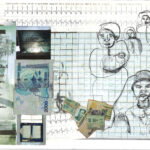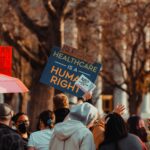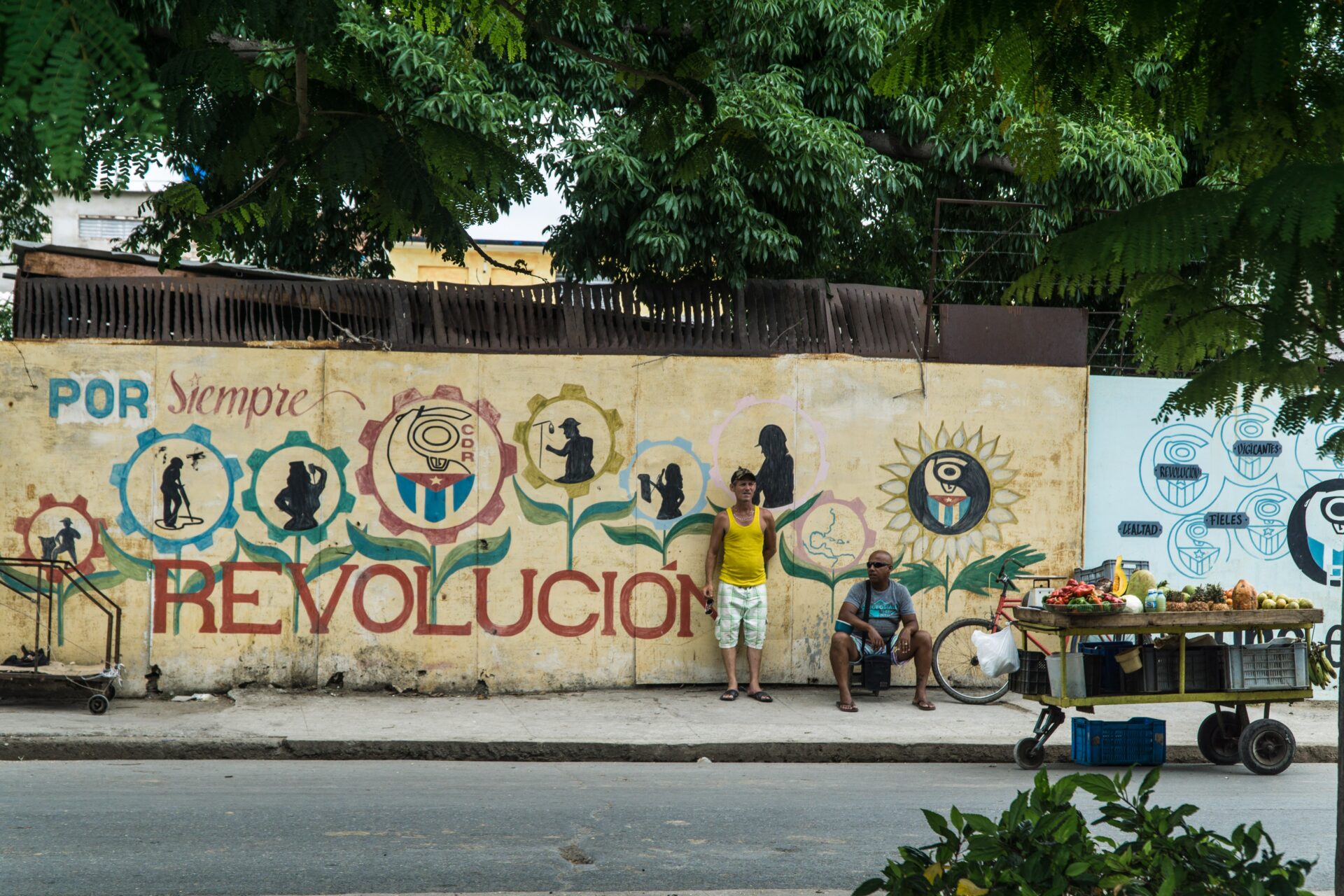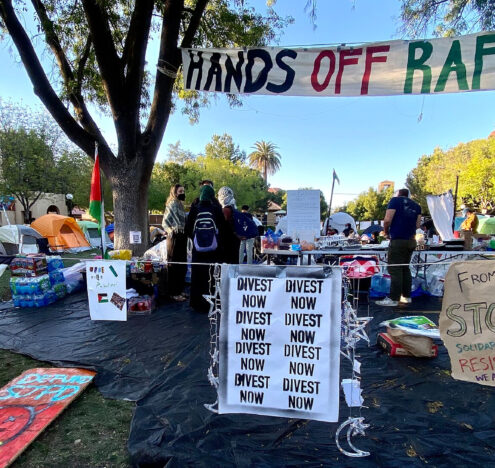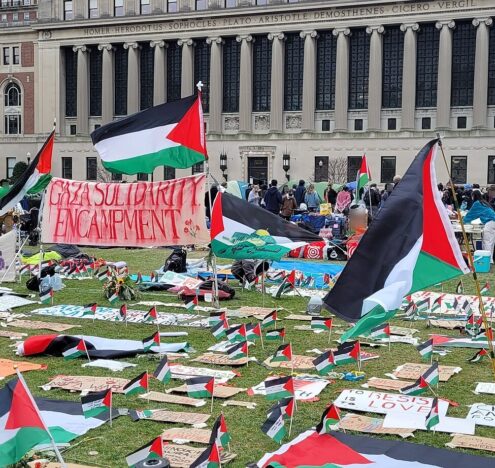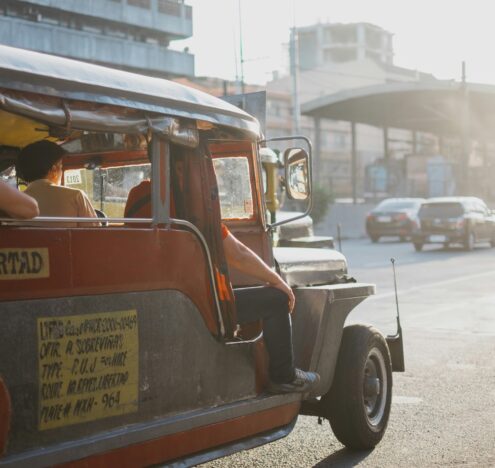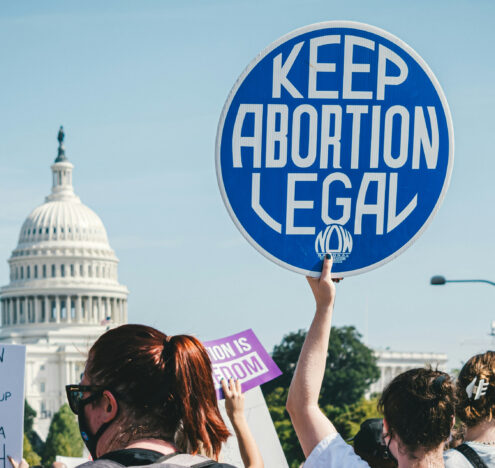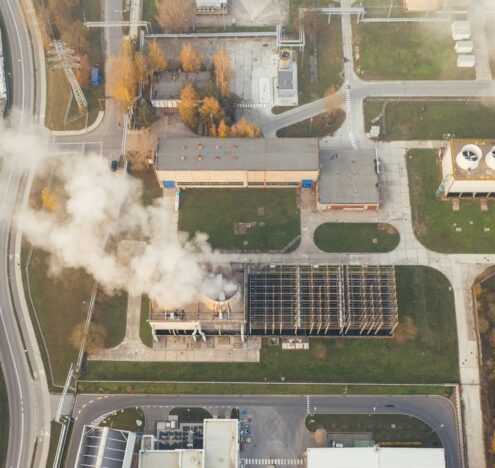In recent years, two key moments have defined the United States’ foreign policy towards Cuba. First, the US and Cuba normalized relations in December 2014, which led then US President Barack Obama to remove Cuba from the State Sponsors of Terrorism (SSOT) list in 2015. The next defining moment came during in the final days of former President Donald Trump’s administration, in January 2021, when then Secretary of State Mike Pompeo announced Cuba would once again be added to the list, joining Iran, North Korea and Syria.
Despite his electoral promises to reverse former Trump’s policy on Cuba, President Joe Biden has so far upheld the previous administration’s parting legacy. Last month, during a public briefing by the US State Department, it was confirmed that the review process to determine Cuba’s eligibility for removal had not started. The review takes six months, which means Cuba would not be eligible for removal from the list until the middle of 2024.
Behind the bureaucratic tangle, however, lies an earlier assertion in March this year by US Secretary of State Antony Blinken, who told the US House Foreign Affairs Committee that there were no plans to strike Cuba off the terror list.
In response to the US decision, Cuba’s Ministry of Foreign Affairs announced its own list of individuals and organizations accused of involvement in terror attacks against Cuba from 1991 to the present day. Several names, many of which are Cuban dissidents, have been linked to assassination attempts against Fidel Castro in the 1990s. Other names on the list are linked to financing, organizing and promoting terror activities, promoting military action against Cuba, acts of sabotage on Cuban infrastructure, and disrupting public order through violence to instigate armed aggression against the island.
The list also names 19 organizations based in the US that are linked to actions endangering Cuba’s security, among them the Cuban-American National Fund (CANF) and Brothers to the Rescue. Both organizations have links to the 1961 Bay of Pigs invasion, in which Cuban dissidents were trained and funded by the CIA. The late Jorge Mas Canosa, a former leader of the CANF, participated in the Bay of Pigs invasion, besides being linked to the Cuban exile and CIA agent Luis Posada Carilles. Canosa was also involved in drafting the Cuban Democracy Act (1994) and the Helms-Burton Act (1996).
After the Cuban Revolution triumphed on Jan. 1, 1959, with the ouster of US-backed dictator Fulgencio Batista, the US was wary of Fidel Castro, as evidenced in the then Vice President Richard Nixon’s documentation of his visit with the Cuban leader in April that same year. Describing Fidel as having “indefinable qualities” making him worthy of leadership, Nixon added, “But because he has the power to lead to which I have referred, we have no choice but at least to try to orient him in the right direction.”
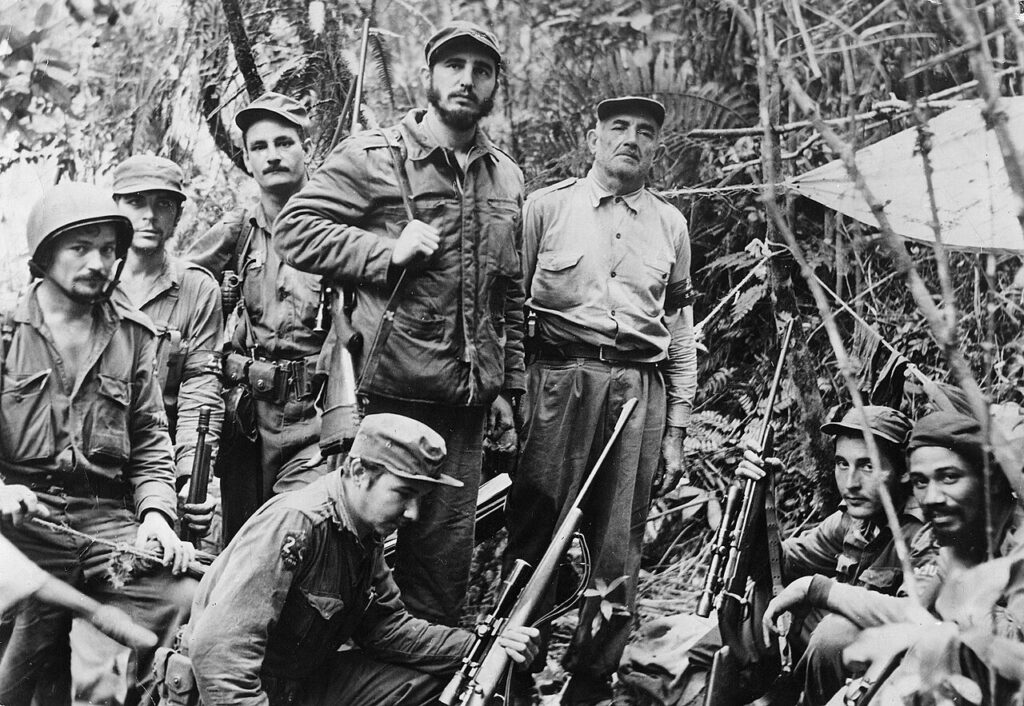
In 1960, the US severed diplomatic relations with Cuba, setting the scene for stark political divergences between both countries. At the same time that the US was busy backing military juntas in Latin America, Cuba was paving a way forward for Latin American revolutionary groups and guerilla organizations to fight against imperialist intervention — even while facing US-backed plots, sanctions, an attempted invasion on its land, and more than 600 attempts to assassinate Fidel Castro, many of them financed by the CIA.
Sanctioning Cuba
On March 1, 1982, then US President Ronald Reagan added Cuba to the SSOT list, at first without providing any reasons. It was on April 19 that same year that the Federal Register publicized the US rationale: “Cuba has been designated by the Secretary of State as a country that has repeatedly provided support for acts of international terrorism.”
The SSOT was regulated by Section J of the Export Administration Act of 1979, which states that a license would be required for exporting goods and technology if a government provides support for terrorism, and if exports can contribute to the government’s military potential, or are used to support international terrorism.
Because the designation targets Cuba’s economic development, the SSOT reinforces the illegal blockade on the island, which was enforced in October 1960 and extended in 1962 to encompass almost all forms of trade, with the aim of toppling the revolutionary government. In 1996, through the Helms-Burton Act, the blockade on Cuba became part of US legislation, meaning only Congress can end it.
By the time Cuba was included in the SSOT for allegedly supporting terrorism in Latin America, the US had already left a bloody trail of overt and covert intervention.
On Dec.14, 1981, months prior to the designation, the US Department of State presented a research paper detailing Cuba’s activities, which it describes as “efforts to stimulate violence and destabilize its neighbors, turning away from its earlier policy of strengthening normal diplomatic relations in the hemisphere.”
The paper also states, “Cuba is clearly not the sole source of violence and instability in the region, but Cuban activities militarize and internationalize what would otherwise be local conflicts.” The document mentions Nicaragua, El Salvador, Colombia, Guatemala and Grenada as countries where Cuba was accused of intervention.
By the time Cuba was included in the SSOT for allegedly supporting terrorism in Latin America, the US had already left a bloody trail of overt and covert intervention. The death toll is best illustrated by the 60,000 victims of Operation Condor. That operation involved intelligence gathering and targeted assassinations, which the US was aware of and backed, as part of its strategy to prevent socialism and communism from spreading in the region.
Ongoing Subversion
Just a year after Cuba was placed on the SSOT, Reagan founded the National Endowment for Democracy (NED) in 1983, allegedly as an independent nonprofit organization, yet the website states that the organization is mostly funded by the US Congress.
The US State Department fact sheet states, “As the only dictatorship and closed society in the Western Hemisphere, Cuba lies at the core of NED’s attention.” Both USAID and NED have been central to recent US destabilization efforts in Cuba.
In 2010, during the Obama administration, USAID was behind a social media program called ZunZuneo, which mostly targeted Cuban youth with the aim of amassing a considerable amount of subscribers, after which content would veer from the mundane and the cultural, to the political, with the aim of fomenting unrest among Cubans.
The timing for this project coincided with the arrest of Alan Gross, a USAID subcontractor working for Development Alternatives, Inc. (DAI) who was detained and imprisoned by Cuban authorities for subversive technological activities under the auspices of bringing better internet access for Cuba’s Jewish community. Gross was sentenced to 15 years in prison. His early release from jail tied into an important chapter of Cuba’s history and US efforts to thwart Cuba’s efforts in preventing terror attacks on the island.
In 2021, Havana accused the US of further subversive action against Cuba, when protests erupted in the streets of the capital over shortages during Covid-19. US President Biden swiftly issued a statement: “We stand with the Cuban people and their clarion call for freedom and relief from the tragic grip of the pandemic and from the decades of repression and economic suffering to which they have been subjected by Cuba’s authoritarian regime.”
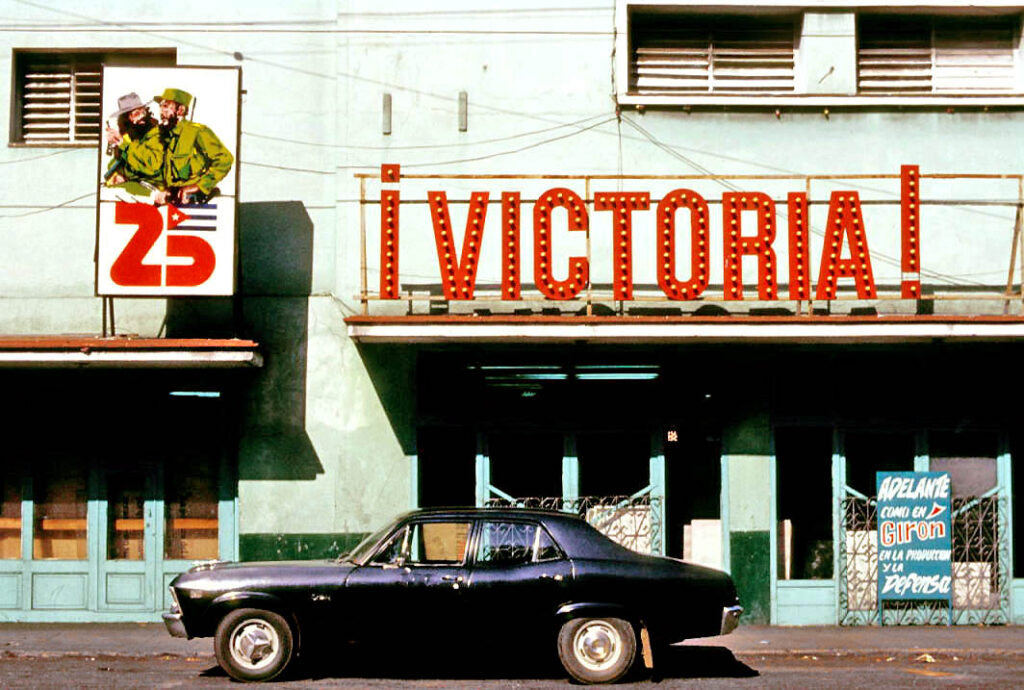
Orlando Gutierrez Boronat, a Cuban dissident and member of the Assembly for Cuban Resistance, one of the groups designated by Cuba as involved in terror activities, called on Biden to launch a military intervention against Cuba. “It’s imperative that the international democratic community led by the United States, very clearly, warn this regime and if necessary steps in to protect the human people and bring this regime to an end,” he stated. Miami’s Mayor Francis Suarez also called upon the US to intervene through humanitarian aid or military intervention.
A look at the NED’s expenditures on Cuba for the year 2021 signals the US investment in Cuba’s internal affairs with the intent of fomenting protests and bringing about the fall of Cuban socialism.
Between 1996 and 2013, according to a report by the US Government Accountability Office, $205 million was approved by Congress for USAID to carry out “democracy assistance in Cuba.” In 2022, the Cuban foreign affairs ministry stated that NED allocated between $20,000 and $650,000 to individuals to promote subversion through arts, journalism and literature.
The Cuban Five
Cuba and the US embarked upon the normalization of relations after two significant events — the removal of Cuba from the SSOT and the release of the Cuban Five in exchange for the USAID subcontractor Alan Gross.
The Cuban Five — Gerardo Hernández, Ramón Labañino, Antonio Guerrero, Fernando González and René González — were part of the Wasp Network, a group of Cuban intelligence agents working in the US to prevent terror attacks on Cuban soil, infiltrating groups that are on Cuba’s terror list and reporting back to the Cuban government.
It was Colombian novelist Gabriel Garcia Marquez who acted as intermediary between Cuba and the US. His intervention led a delegation from Washington to visit Havana in June 1998, where evidence collected by the Cuban Five was presented to the FBI and officials from the Justice Department. Canosa and Carilles were among the names in the evidence presented by Cuba. Taking no action against the Cuban dissidents, the FBI rounded up the Cuban intelligence agents two months later, accusing them of espionage and, in Gerardo Hernández’s case, conspiracy to murder.
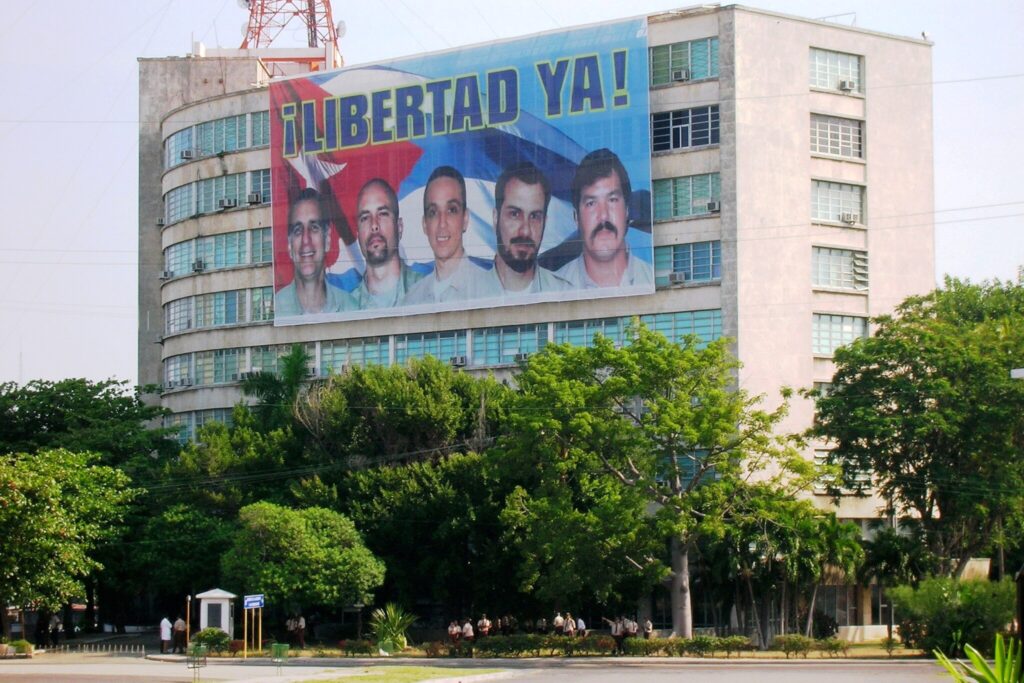
The Five’s trial received widespread criticism over human rights violations, including the location — Miami — which is synonymous with Cuban dissidents, several of whom are influential in US politics. All were convicted in 2001, despite there being no evidence that the Five were ever a threat to US national security.
Activism kept the Cuban Five’s case in the spotlight. In 2011, Gonzalez was released from jail. Secret talks that started in 2013 between Washington and Havana, in which the Vatican played a role, eventually led to the release of the five agents in return for Gross, although the agreement was spoken of in terms of normalizing relations rather than a prisoner swap.
The rationale exploited by the Reagan administration — Cuba’s support for groups the US classifies as “terror organizations” — is no longer valid, since the fall of the Soviet Union changed Cuba’s own circumstances, notably a dire economic period which was exacerbated by the illegal US blockade.
Keeping Cuba on the SSOT indefinitely, since periodic reviews are not regulated, diverts attention away from the 1960s blockade, which is the subject of countless United Nations General Assembly resolutions that the US ignores. In January 2023, a US delegation traveled to Cuba to discuss issues related to narcotrafficking and migration which, taken at face value, represents a dialogue between both countries. However, the US continues to allocate funds for subversion under the pretext of democracy, and intervention in Cuba remains an integral part of US foreign policy.



